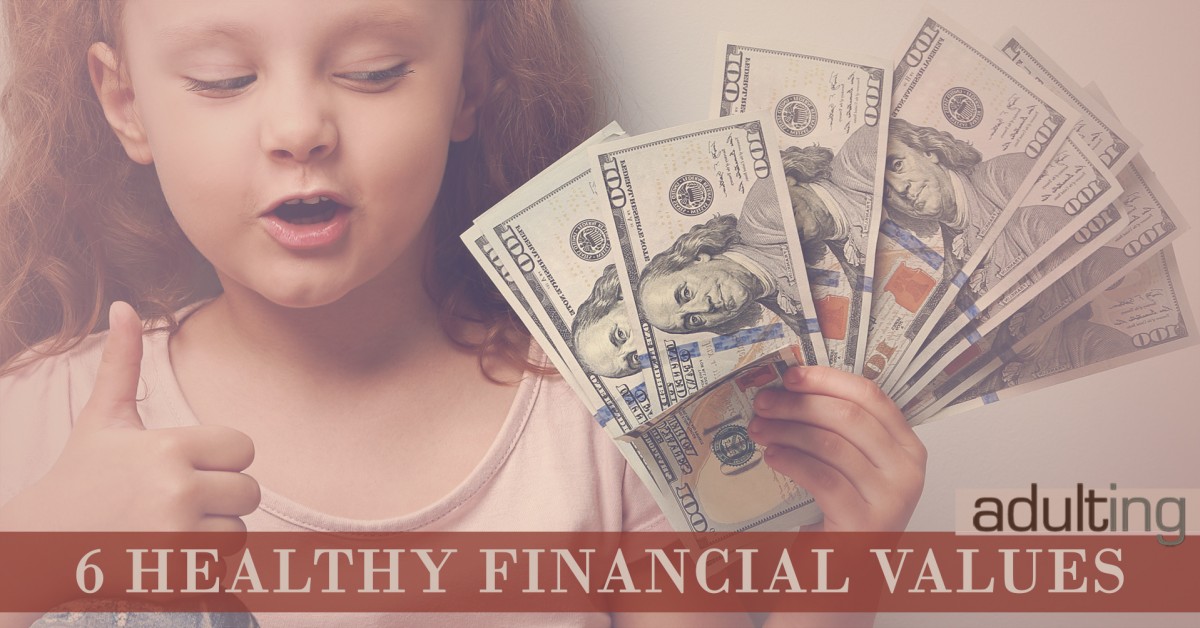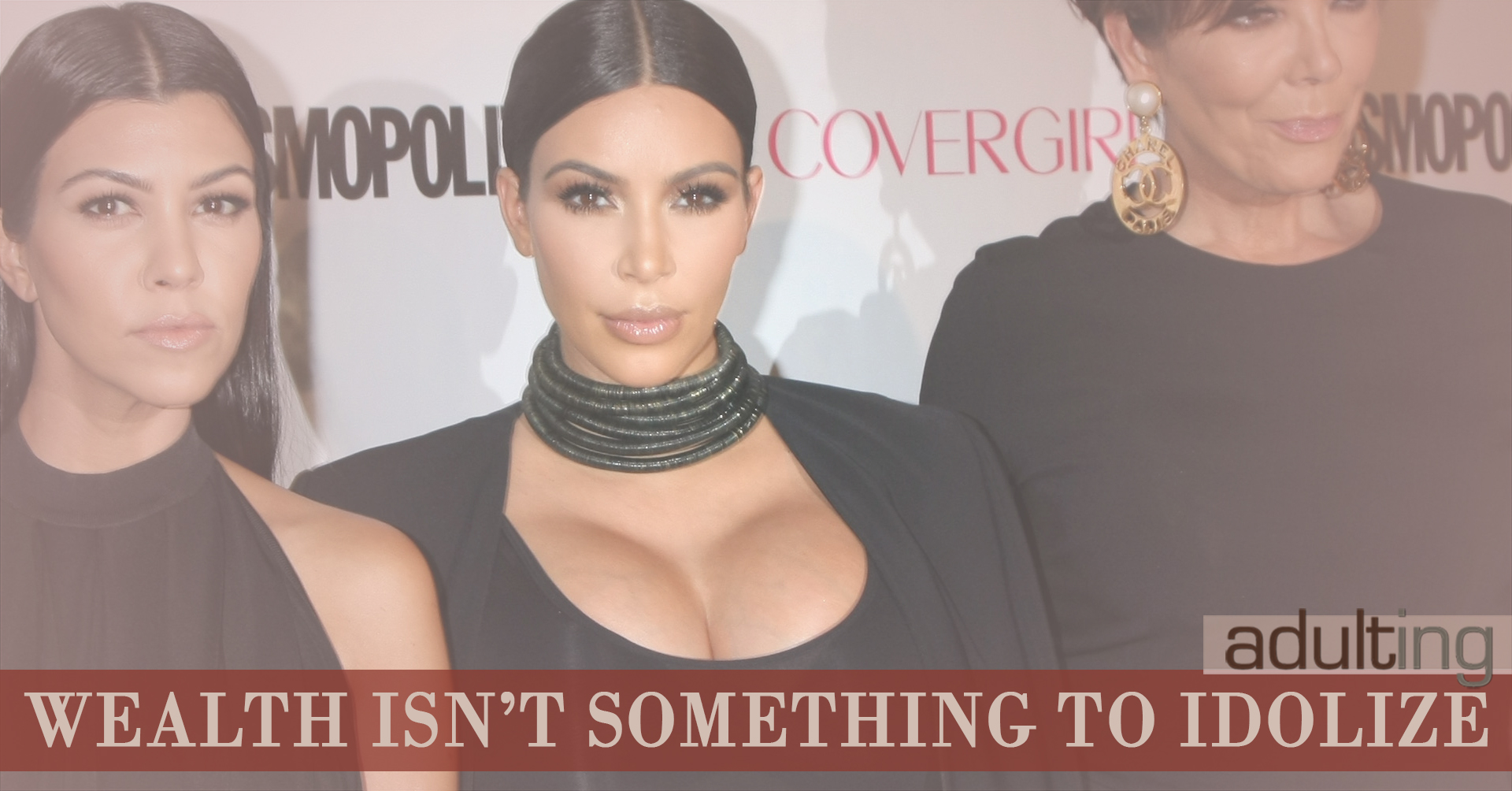Turning 30 is often treated as one of life’s great tragedies — the end of youth and a step closer to death. Morbid, I know.
Well I’m going to be 30 next month. Before you begin offering your condolences, though, let me assure you that I’m perfectly okay with it. In fact, this milestone has made me reflect a lot on how far I’ve come in the last 10 years.
I might not have all the answers, but I’ve learned a lot of important lessons that have helped me to embrace this new older, allegedly wiser me. Whether you’re still living up your 20s or are nearing the big 3-0, consider these important realizations you’ll undoubtedly have along the way.
1. Family is really important.
Families come in many sizes with varying levels of dysfunction. And family doesn’t always mean your biological relatives. They’re the people who annoy the hell out of you but you love unconditionally. And the older you get, the more real-life shit you’ll encounter that makes you appreciate the fact they’re in your life.
2. Your body has flaws and it’s not that big of a deal.
For most of my 20s, I agonized over every little perceived defect I could find about myself — so much so that I never really appreciated how awesome I actually was.
Now, I might not be 100 percent happy with my body (who really is) but I am much more accepting of it. And I can say with certainty that life is way more fun when you stop caring so much about whether you have a flat stomach or flawless skin.
3. Happiness can’t depend on someone else.
Whether it’s the approval of a parent or the love of a partner, you’ll find that chasing validation from others will never make you happy, no matter how hard you try. You can’t change the people in your life. Instead, find your passion and learn to derive happiness from what you can control: your own actions and accomplishments.
4. You can’t party like a 20-year-old.
When I was in my early 20s, I didn’t get hangovers. Now a hard night out leaves me feeling near-death for at least 48 hours. Sometimes a quiet night in with Netflix and a beer is much more appealing than going bar crawling or clubbing. And that doesn’t make you any less cool (that’s what I tell myself, anyway).
5. There are no more excuses for poor money management.
Debt is bad. Saving money is good. You spent your 20s learning these two basic principles of personal finance — likely through trial and error — so there’s really no excuse for neglecting your 401(k) or relying on your credit cards anymore. Get it together.
6. You’ve figured out what you want to be when you grow up.
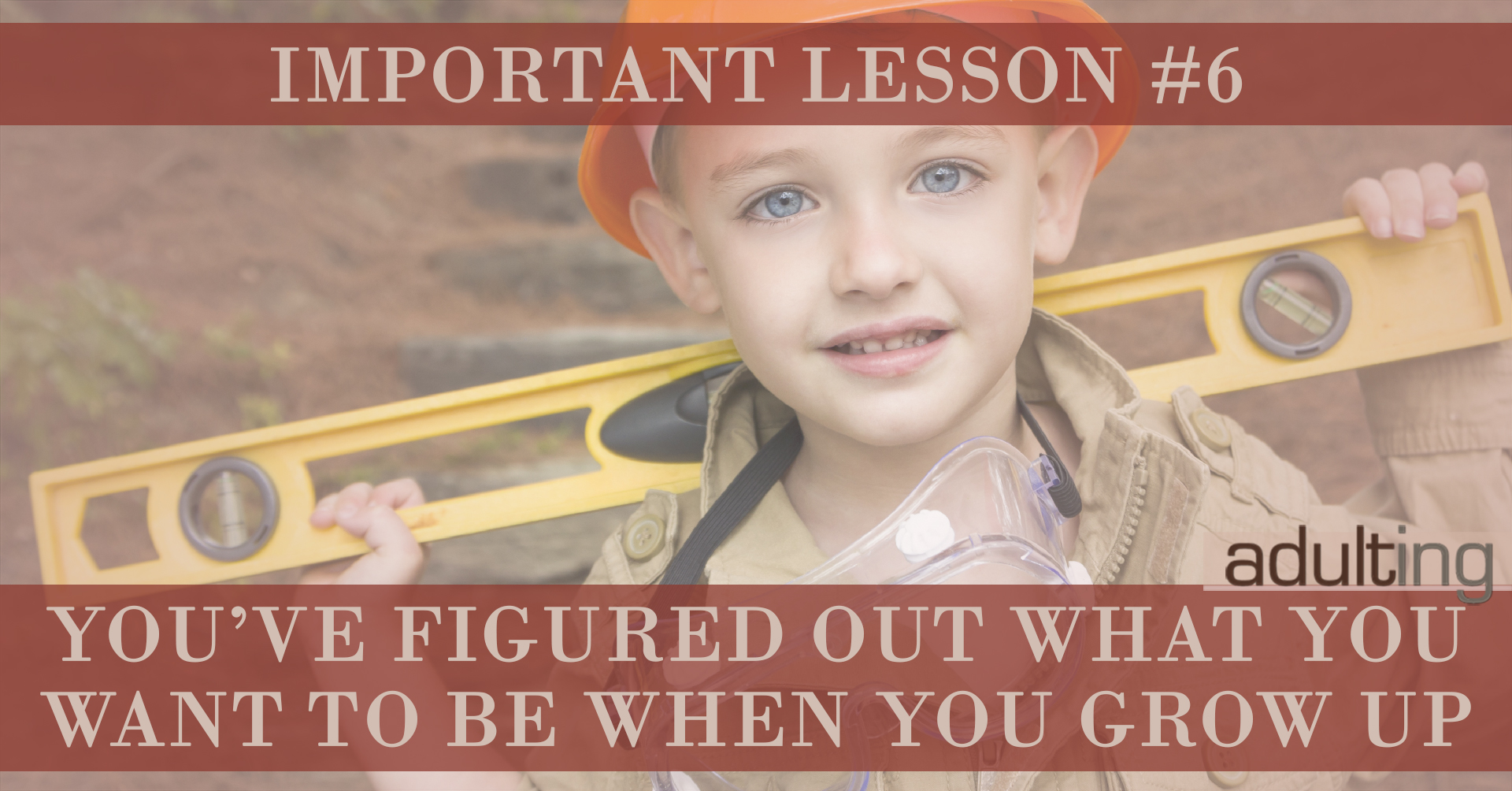
In your 20s, you had jobs. In your 30s, you have a career. Years of boring, unfulfilling, or otherwise soul-sucking work helped to teach you what it is, in fact, you want to do with your life. You know what you’re good at, what gives you a sense of purpose, and you’re ready to pursue your professional goals head-on.
7. It really doesn’t matter what others think of you.
Maybe you lead an unconventional lifestyle, or have made choices your friends and family disagree with. Maybe you go grocery shopping in worn out yoga pants and no makeup.
You will always be judged by others for what you do, what you look like — for who you are. That will never change. The most liberating realization you will have right around age 30, however, is that it doesn’t fucking matter.
8. You need to make your health a priority.
Okay, so you’re more accepting of your body and care less about what other people think, but let’s not go overboard. You want to make it to your 40th birthday.
Every year of your life past the age of 25 makes it exponentially more difficult to maintain your health. I can look at a piece of pizza and gain five pounds and it takes me a couple more minutes to run a mile these days. I make it a goal to eat clean and exercise regularly — for the most part — because I know it will only get harder from here.
9. Sex gets way better.
I’ll just leave it at that. I might be a few days shy of 30, but I’m still worried my mom might be reading this.
10. Toxic relationships aren’t worth your time or energy.
The older you become, the fewer fucks you will have left to give. In fact, you probably gave out way too many in your 20s and now have to be super conservative with the rest. If a relationship costs you your emotional health, peace of mind, or values, you can’t afford to keep it.
Your 30s should be some of your best years. You’re too old to keep making the same stupid mistakes, but too young to be completely jaded. Find joy in the fact that you’ll someday get over your naïve 20-something phase and finally be — almost — comfortable in your own skin. I know I do.

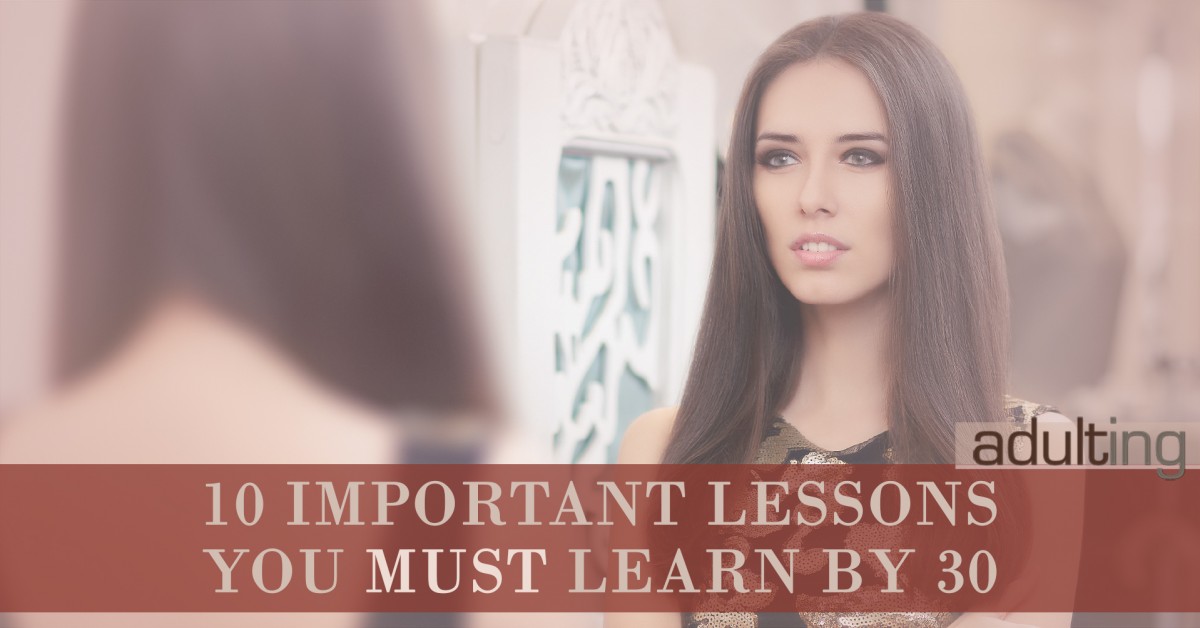
![[A027] It Is Possible: Make New Friends in the Real World](https://adulting.tv/wp-content/uploads/2016/03/027-1200x628.jpg)


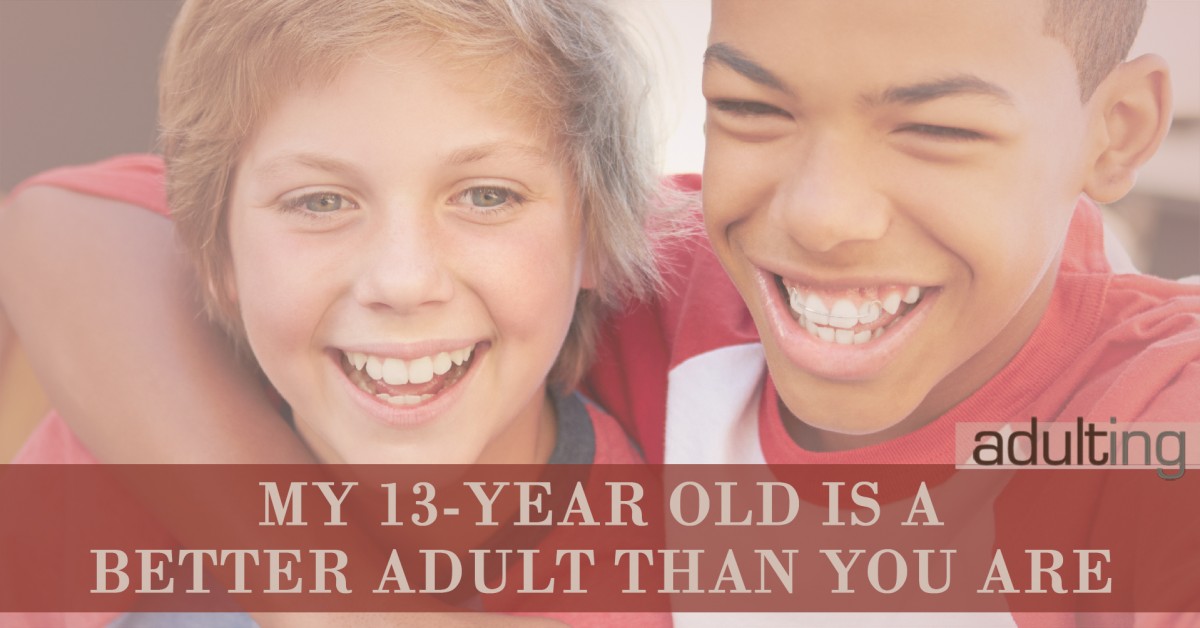
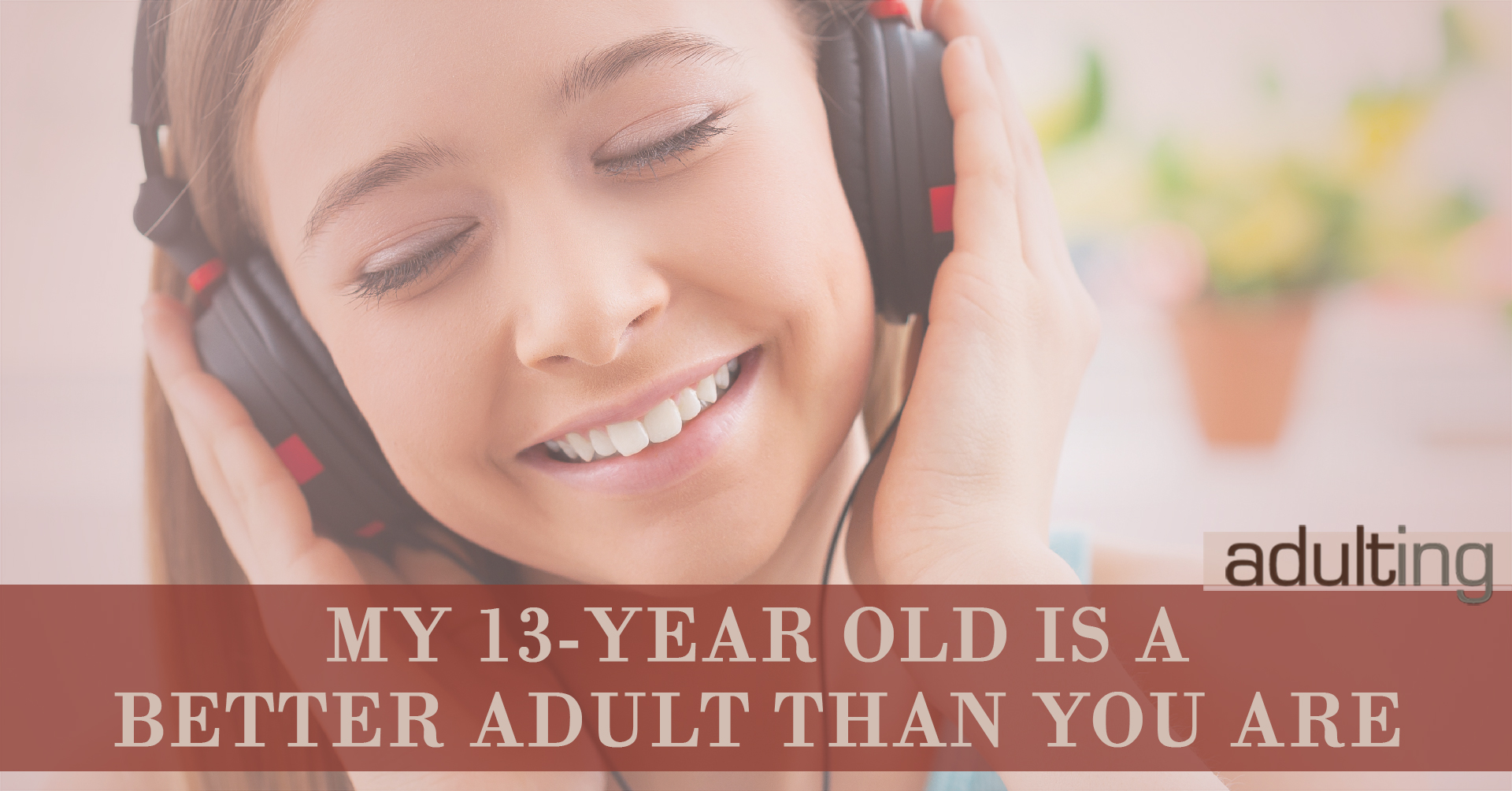
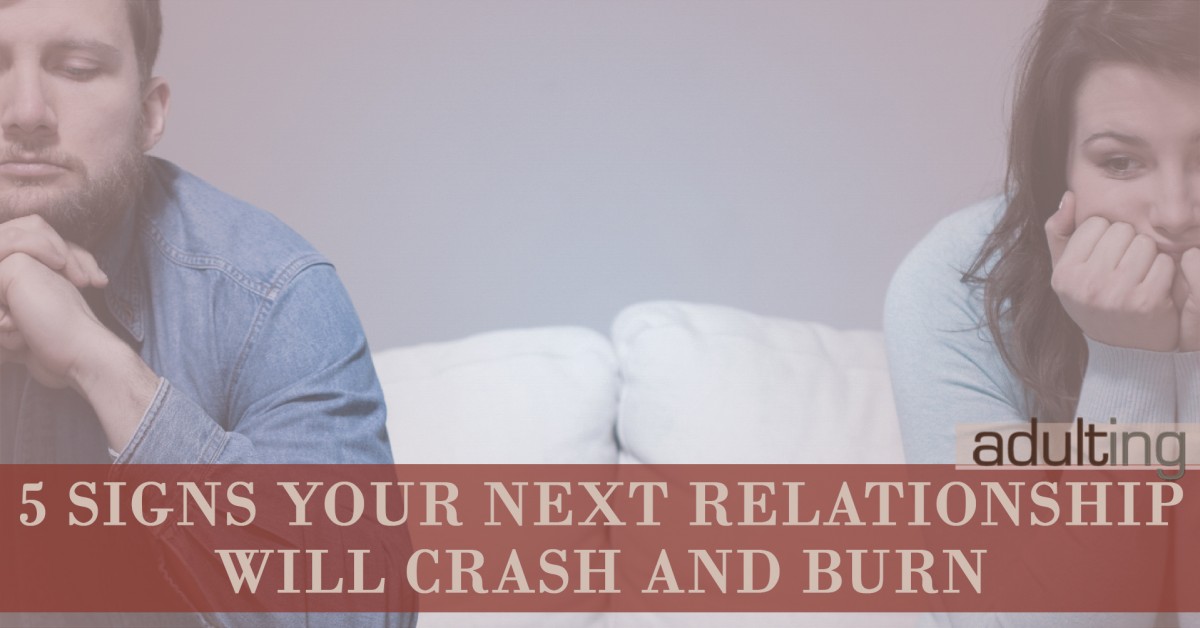

![[A026] Bye, Felicia: Overcome Separation Anxiety and Let It Go](https://adulting.tv/wp-content/uploads/2016/02/026-1200x628.jpg)




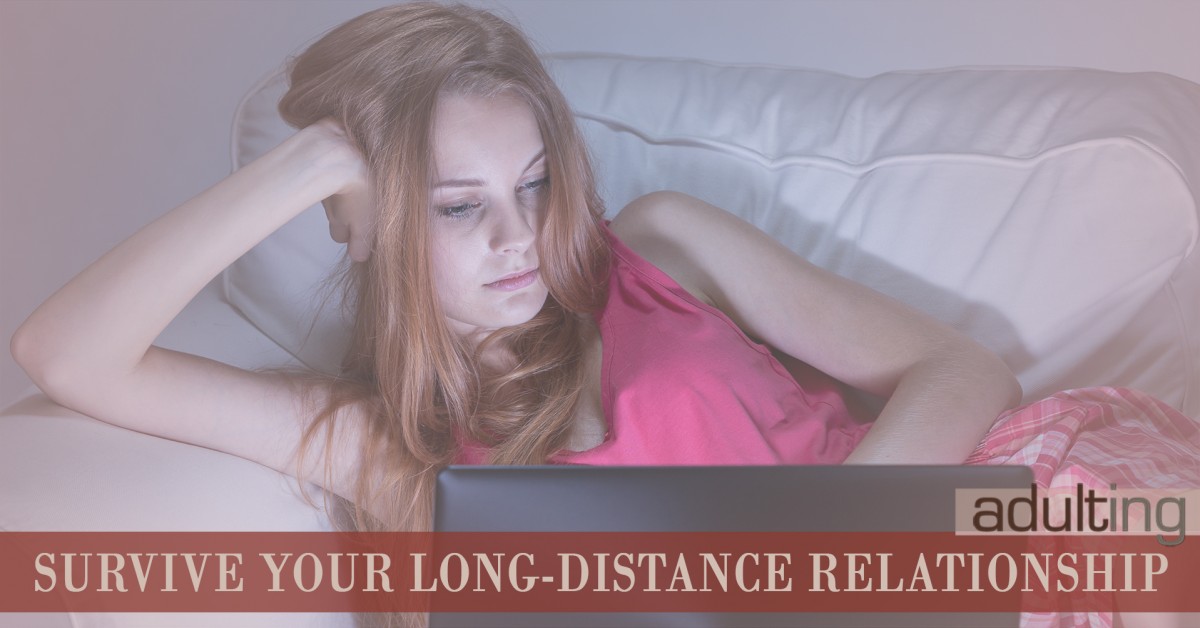
![[A024] Drama Queen: Rise Above Petty](https://adulting.tv/wp-content/uploads/2016/02/024-1200x628.jpg)







